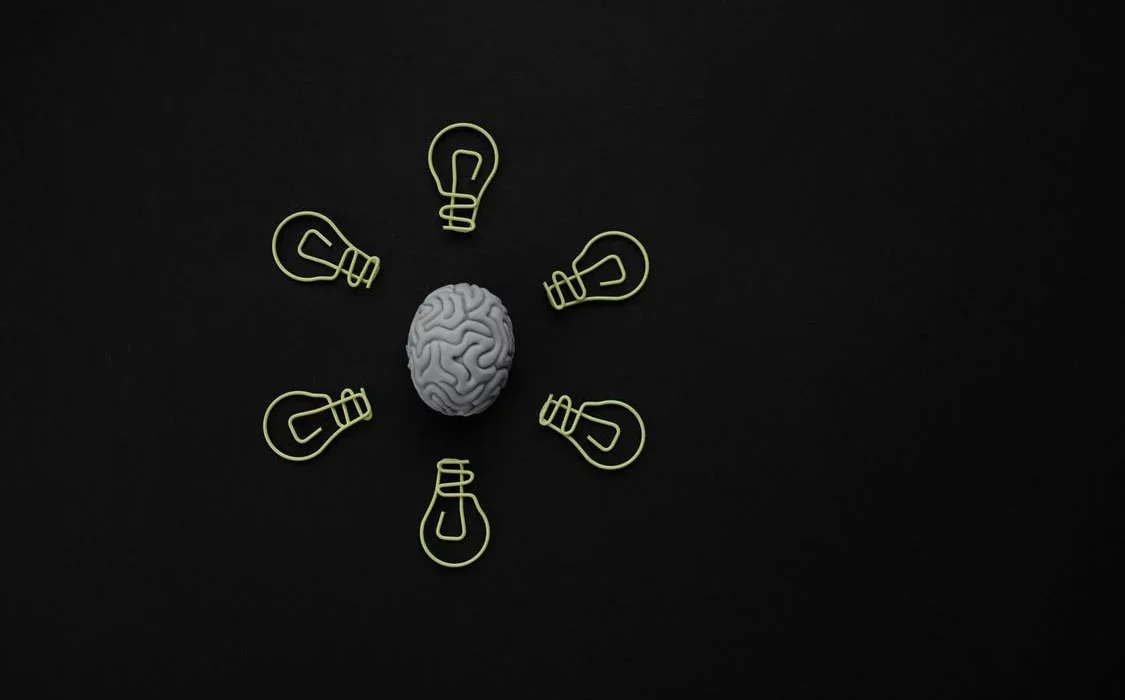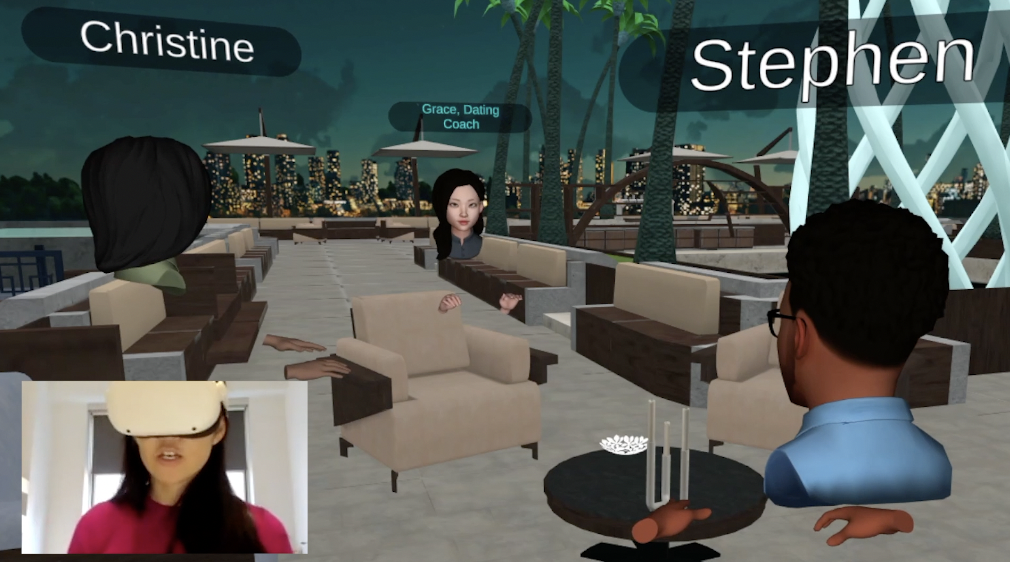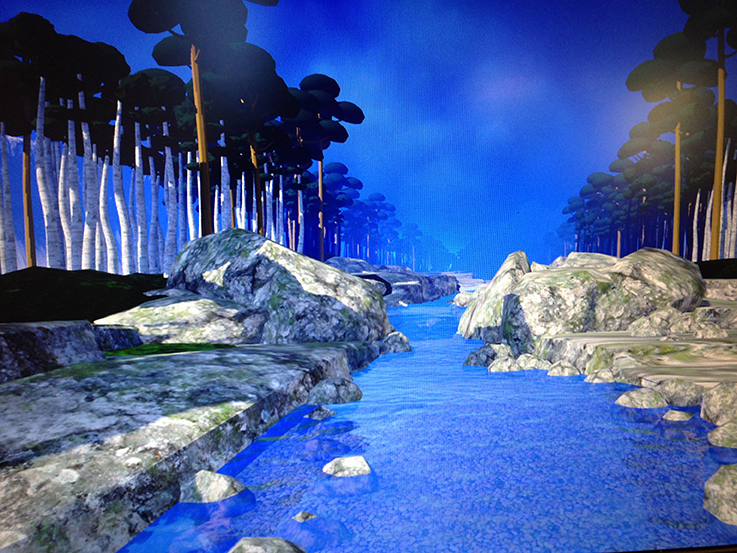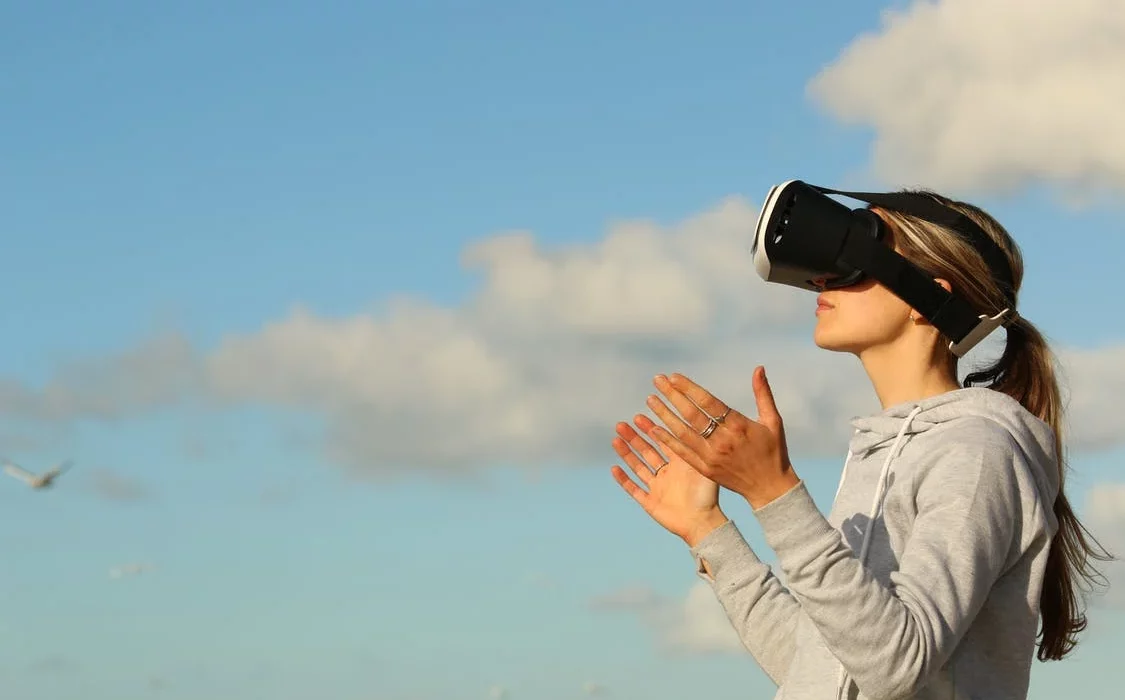Since their discovery in the mid 1930’s, Theta Waves, which provide critical beats in your brain to help support your overall comprehension level and memory, have been of great interest to the mental health community. Nearly 70 years after their discovery, scientists may have found a way to boost these mental beats through the use of VR without the use of medication.
A recent article by “Fast Company” discusses a recent study conducted by scientist Mayank Mehta that leveraged VR to mimic the same type of mental beats that Theta Waves produce using tiny VR headsets attached to mice. Mehta, who has conducted previous studies focused on VR and Theta Waves found in the past that the “frequencies (the pitch of some thoughts, not their rhythmic beats) are routinely slower in VR than in the real world.”
The mice that Mehta worked with in this experiments, which primarily focused on analyzing the mechanisms of the brain, were found to “experience boosted theta rhythms while in VR that they didn’t experience in the real world, even though the entire VR environment was meant to duplicate the mice’s real-world environment as closely as possible.” The overall cognition of the human brain is oddly improved when using virtual reality, and while Mehta and other scientists cannot yet pinpoint exactly why this is, they do believe that this could be a “huge breakthrough in how we treat mental health and cognition.”
In the next couple of weeks, Mehta will be publishing another paper focusing on the benefits of VR on cognition, and how there is no hidden consequence to advancing your theta rhythms through VR.
Foretell Reality is a social virtual reality platform that supports different use cases including therapy and support, soft skills development, and business and design collaboration. Click here to schedule a demo.













Recent Comments